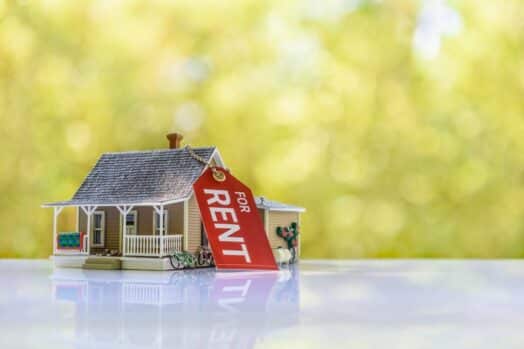
As a freshman to Canada, it’s likely that your first home will be a rented house or apartment. It’s important to understand your rights as renter to insure that renting your new home will give you with a safe place where you can begin to acclimate to your life in Canada. Discover if You Are Eligible for Canadian Immigration Landlord and tenant liabilities can be different in different businesses and homes. In each fiefdom or home, government departments or ministries oversee these laws. Tenant liabilities As a tenant, you’re generally responsible for Paying your rent in full and on time Keeping your home clean and well maintained reaching the landlord whenever anything needs to be serviced or repaired Allowing the landlord or director to enter into your home to carry out repairs, or to show the home to other tenants if you’re moving out. Your landlord must give notice before entering into your apartment Vacate the property when the parcel ends In addition, tenants are generally not allowed to Withhold rent in case of careless repairs patch the property without the landlord’s authorization Change the cinches of the house without the landlord’s authorization Sublet or assign the parcel to someone differently without the landlord’s authorization Landlord liabilities A landlord is a person who owns the house or structure you’re renting in. For larger structures, the landlord may hire a property director or supervisor to manage the structure and collect rent. In general, your landlord is responsible for Collecting the rent Keeping the structure/ home safe and in a good state of form furnishing everything that comes with the apartment and that’s included in your rent( i.e. refrigerator, cookstove, heating,etc.) running and paying for repairs when commodity in your home breaks Landlords can not refuse to give you with serviceability similar as electricity or hot and cold water, but the cost of these services may or may not be included in your rent. In addition, tenants must frequently gain and pay for string television and Internet services on their own. Landlords can not help you in from using and enjoying your home in a reasonable way or take any of your property without a legal order allowing them to do so. subscribing a parcel A “ parcel ” is a written reimbursement agreement that spells out all the legal terms that you and the landlord have agreed to. A parcel is a legal document, so it’s important that you understand it entirely before subscribing it. In general, most plats include The names and contact information for you and your landlord The address of the house or apartment you’re renting The yearly rent you have agreed to pay The date when rent is due and the quantum that the landlord is allowed to increase in the rent in the unborn The term of the rental period( for illustration, one time or month- to- month) The conditions for ending or cancelling your parcel The conditions for checking out the property A list of the repairs or keep that are your responsibility Other restrictions( for illustration, if you can bomb or have a pet) Details on when and how the landlord can enter into your home Procedures for making changes to the parcel or resolving dissensions What landlords can ask you Landlords can fairly ask you About your income to insure you can go your rent How numerous people will live at the property If you have any faves or if anyone on the property smokes authorization to run a credit check For references from your employer or former landlords In order to make a decision on whether or not to rent you a property, a landlord may ask for some particular information to allow them to complete a credit check. In Canada, all landlords must misbehave with the Personal Information Protection and Electronic Documents Act( PIPEDA). Under this Act, a landlord must have your concurrence to partake your particular information with any third party, similar as a credit reporting agency. Landlords aren’t allowed to ask you About your ethnical background, religion and sexual preferences For your Social Insurance Number( SIN) About your connubial status Whether you plan to have further children If you have family visiting Rent increases Rent tends to remain the same during the term of a parcel, still, when you renew your parcel, your landlord may increase the rent. The frequence and quantum that your landlord can increase your rent differs by fiefdom and home. In utmost cases, your landlord has to give you with 90 days ’ notice of a rentincrease.However, you may be suitable to refuse to pay the rent increase until the landlord gives you the proper notice, If you haven’t been given proper notice. generally, landlords can only increase your rent once a time and only by a certain maximum quantum set by your parochial or territorial government. For illustration, in British Columbia, the maximum rent increase allowed is 2 and landlords can not go above that limit if there’s a fixed term parcel. In Ontario, a landlord can increase the rent by a outside of2.5 without demanding blessing from the landlord and tenant board. Tenant evictions and complaints Tenants and landlords have rights when it comes to eviction. Tenants are defended against unreasonable eviction, and landlords are defended against delicate tenants. A landlord can evict you if the conditions of the parcel or rental agreement have been violated. There are different eviction procedures in each fiefdom or home that a landlord must follow, still, you can not be evicted and removed from the demesne incontinently. Violations of the parcel or rental agreement that would warrant eviction include Not paying rent inordinate noise An unreasonably unsanitary living space further people on the demesne than agreed to in the parcel agreement still, you must take the proper way and measures to inform your landlord and the applicable rental authorities, If you encounter issues when renting a home.





